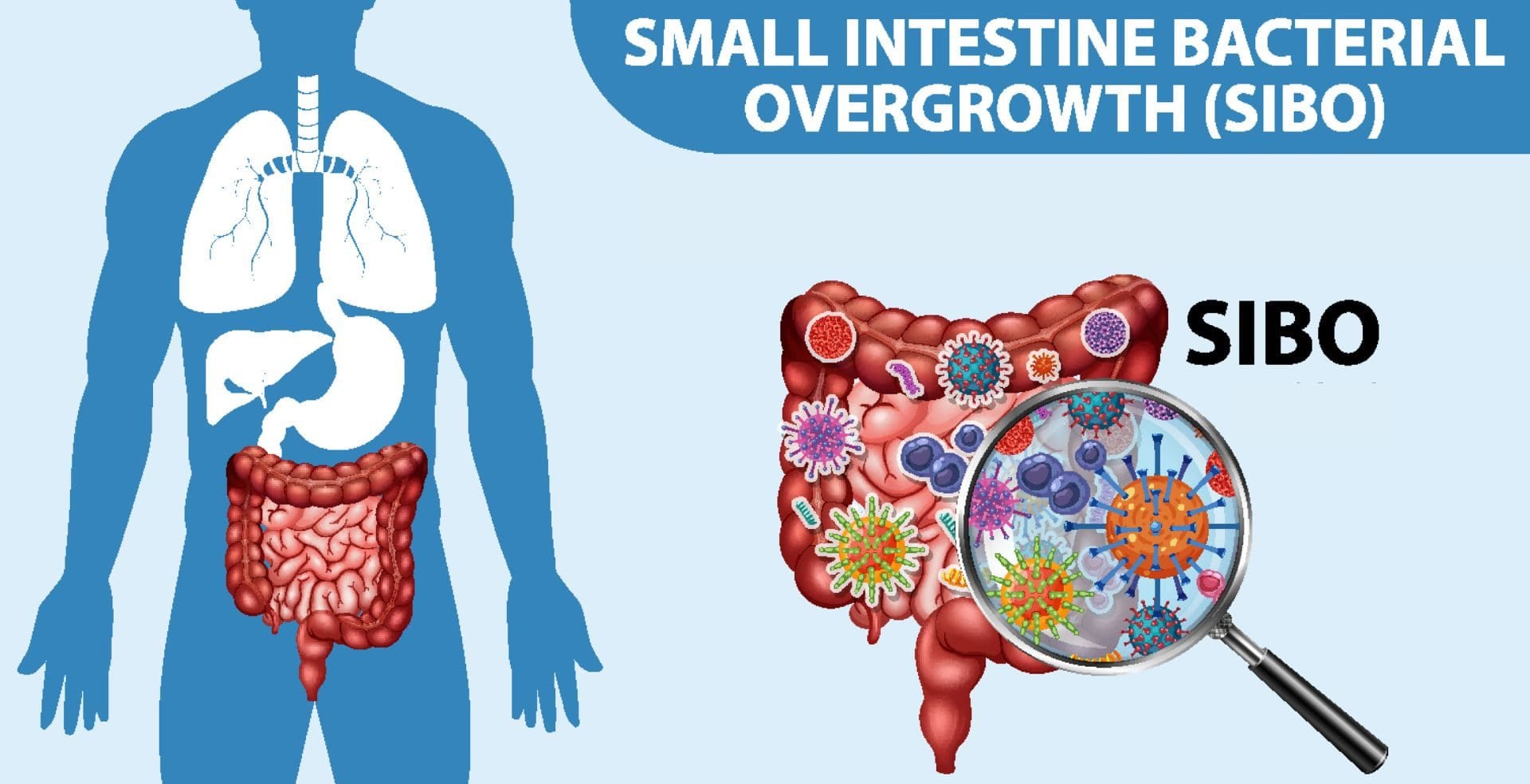Case study: Irritable bowel syndrome
By naturopath Margaret Jasinska
Regina came to see me after struggling with irritable bowel syndrome (IBS) for six months. Regina’s main symptoms were constipation, severe abdominal bloating and flatulence. She was extremely distressed by these symptoms, due to their intensity and duration. That’s understandable. People who suffer with bowel conditions such as IBS are at significantly increased risk of depression and anxiety.
The abdominal bloating and discomfort became progressively worse as the day went on; so much so that by the evening Regina said she looked 6 months pregnant. She felt incredibly uncomfortable at work in the afternoon, because her pants became too tight and she had to hold the flatulence in, so she developed abdominal pain.
Regina had seen her local doctor about these symptoms and was referred to a gastroenterologist to rule out serious disease. Nothing abnormal was detected and Regina was diagnosed with IBS. The gastroenterologist suggested Regina may want to try a low FODMAP diet and left it at that. Regina had done a quick internet search on low FODMAP diets but felt quite overwhelmed, so she wanted some personalised help.
After asking Regina to complete a dietary questionnaire I discovered that her diet mostly consisted of wheat and milk. Nearly every meal and snack contained both of those foods. In my experience, gluten and dairy products are the biggest offenders in producing IBS symptoms. I asked Regina to completely avoid all dairy products and gluten for one month and return at that time for another consultation. People with weak digestion often have trouble digesting certain types of fibre and sugars, known as FODMAPS. I asked Regina to avoid onions, cabbage, broccoli and cauliflower for the moment, because those foods are particularly high in FODMAPs and they do have a bad reputation for causing gas. Once her digestion improves, she will probably be able to digest FODMAPs again.
I gave Regina BactoClear capsules, to help relieve flatulence and indigestion. I also gave her Gut Health powder, to restore the integrity of her intestinal lining, give her symptom relief and reduce inflammation in her gut. I made sure she was not consuming any carbonated beverages, chewing gum or artificially sweetened foods, as they can severely aggravate bloating.
I asked Regina to use apple cider vinegar as a salad dressing, or dilute some in a little warm water before meals, to support stomach acid production. Insufficient stomach acid is a major cause of bloating and bacterial overgrowth in the small intestine. Lastly, I asked her to take one tablespoon of Fibretone powder in some water, last thing at night. Fibretone is a bulk laxative that helps to soften the stool and cleanse the intestines.
Regina returned one month later with a significant reduction in symptoms. She was having one or two bowel motions each day. Flatulence and bloating were greatly reduced. She noticed some bloating and flatulence whenever she consumed almonds, and if she ate too much gluten free bread. Several of my patients have reported a sensitivity to almonds, therefore I asked Regina to eat other types of nuts in small quantities and watch for a reaction. I told Regina that the majority of gluten free bread is made of high glycemic index grains and therefore high in sugar. Ideally it would be an occasional food, and she is better off basing her diet on naturally gluten free foods such as vegetables, seafood, poultry, eggs, meat, and fruit, along with small amounts of nuts and seeds, and good fats. She found this eating plan quite acceptable and was thrilled with the symptom relief it offered her.









I am taking BactoClear and my symptoms have actually got worse. Do they get worse before getting better?
Hi Luciana,
Some people can experience ‘die off symptoms’ as the pathogenic overgrowth gets killed.
We recommend starting with one capsule a day with food for a couple of weeks and then start to slowly increase.
Taking the Ultimate Gut Health powder will help to reduce gut inflammation.
If you are still having issues with the one capsule it’s possible you have a sensitivity to one of the ingredients.
You can call and speak to a naturopath on 02 4655 4666.
Kind regards,
Louise
Thanks so much for your informative health advice..